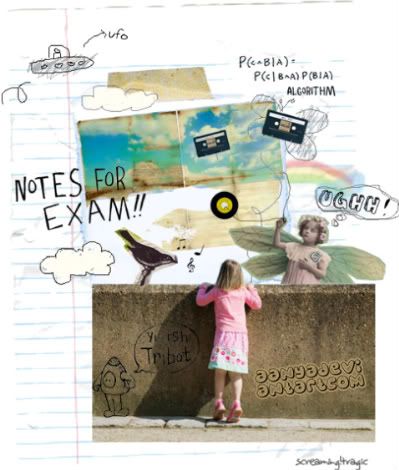Resusci Anne, also known as Rescue Anne or CPR Annie, is a training mannequin used for teaching
Cardiopulmonary resuscitation (CPR) to both emergency workers and members of the general public. Resusci Anne was developed by Norwegian toy maker
Åsmund Laerdal, based on the research of
Peter Safar and
James Elam, and was first introduced in 1960. The mannequin is designed to accurately simulate the human
respiratory system and external body landmarks in order to facilitate training.
Since its original introduction, several different versions of Resusci Anne have also been introduced, including versions with computer monitoring, and versions that simulate other emergency medical conditions, such as severe wounds and trauma.
Trainees using the original Resusci Anne were expected to approach the mannequin, tap her, and say "Annie, Annie, Annie, are you okay?" After receiving no response, the trainees then proceeded to administer CPR to the mannequin. This system was intended to teach trainees that not all victims require CPR-if a victim can respond when asked if he/she is okay, the victim probably does not need CPR.
The distinctive face of Resusci Anne was supposedly based on
L'Inconnue de la Seine, the
death mask of an unidentified young woman reputedly drowned in the
Seine River around the late 1880s. Another story said she was the deceased daughter of the doctor that created her. Neither story true is however. Both are urban myths.
[1][2]http://en.wikipedia.org/wiki/Resusci_Anne#cite_note-0History
According to an often-repeated story, the body of the young woman was pulled out of the
Seine River at the Quai de Louvre in
Paris around the late 1880s.
[2] The body showed no signs of violence, and
suicide was suspected.
A
pathologist at the Paris morgue was so taken by her beauty that he had a moulder make a
plaster cast death mask of her face. According to other accounts, the mask was taken from the daughter of a mask manufacturer in Germany.
[3] The identity of the girl was never discovered. The moulder who took the cast of the face was believed to be based at the Lorenzi family model-making firm. Claire Forestier, a family member of the Lorenzi family, who were responsible for the creation of the original, believes that the model was not dead when the cast was taken. She works in the family modelling workshop, and says that a dead body from a river would not have such clear features. She estimated the age of the model at no more than 16, given the firmness of the skin.
[4]In the following years, numerous copies were produced. The copies quickly became a fashionable morbid fixture in Parisian
Bohemian society.
Albert Camus and others compared her enigmatic smile to that of the
Mona Lisa, inviting numerous speculations as to what clues the eerily happy expression in her face could offer about her life, her death, and her place in society.
The afterimages provided another interesting aspect to her popularity. The original cast had been photographed, and new casts were created back from the film negatives. These new casts displayed details that are usually lost in bodies taken from rivers and lakes, but the apparent preservation of these details in the visage of the cast seemed to only reinforce its authenticity.
Critic
A. Alvarez wrote in his book on suicide,
The Savage God: "I am told that a whole generation of German girls modeled their looks on her." According to Hans Hesse of the
University of Sussex, Alvarez reports, "the Inconnue became the erotic ideal of the period, as Bardot was for the 1950s. He thinks that German actresses like
Elisabeth Bergner modeled themselves on her. She was finally displaced as a paradigm by
Greta Garbo."
[5]http://en.wikipedia.org/wiki/L%27Inconnue_de_la_Seineif you are wondering how she looks like...
http://upload.wikimedia.org/wikipedia/commons/5/55/Inconnue.jpg
peacexz yaw!

